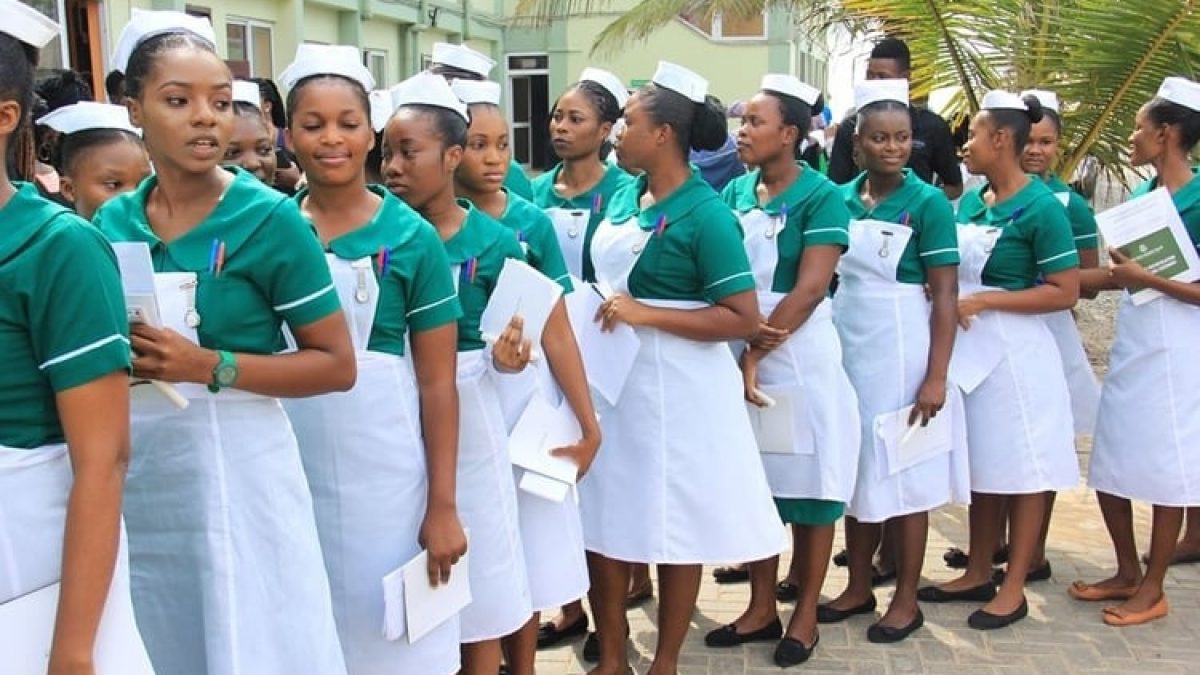
Negotiations to end a nationwide nurses’ strike in Ghana collapsed on Wednesday, deepening a crisis already straining hospitals.
The Ghana Registered Nurses and Midwives Association (GRNMA) launched the strike on June 2, with around 85 percent of nurses and midwives participating.
Talks with the government broke down after a truce meeting failed, despite previous commitments reached in May last year.
The agreement included a one-month salary bonus, fuel and medical allowances, rural incentives, and support for licence renewals.
However, none of these provisions appeared in the 2025 national budget, prompting fury among healthcare workers.
Hospitals across the country are buckling under pressure, with critical services halted and lives reportedly lost.
At Accra’s Korle Bu Teaching Hospital, mortuary workers reported up to 25 preventable deaths daily since the strike began.
Agyarkor Kesse, an Accra resident, said his 18-year-old son died after hospitals refused to treat him amid the walkout.
“I took my son to Kpone government hospital, but we were told the nurses were on strike. We were helpless,” he said.
GRNMA general secretary David Tenkorang-Twum defended the strike, insisting the demands were reasonable and overdue.
“Our demands are not above the roof… They can be met without delay,” he told reporters.
Health Minister Kwabena Mintah Akandoh appealed to retired nurses and midwives to return temporarily to ease staff shortages.
Meanwhile, Deputy Finance Minister Thomas Nyarko Ampem warned that meeting the demands would cost over two billion cedis ($194.1 million).
He cautioned that such an expense could jeopardise Ghana’s ongoing fiscal recovery efforts.
As the impasse lingers, the nation’s health system teeters under immense strain, with no resolution yet in sight.
